Stories
April success story: United forces for community energy in the Czech Republic
Community energy is key to action on the climate crisis. It can empower people, boost local economies, and reinvigorate communities. Community-led initiatives play an important part in the transition towards a 100% renewable and just energy future. Success stories of community energy projects can be found all over Europe. At REScoop.eu we want to highlight these stories to further accelerate the movement towards a cleaner and democratic system.
This month we travel to the Czech Republic to meet community energy pioneers who are lighting the way in a country with little tradition of energy cooperatives: the Community Energy Union.
The community energy landscape in Europe
The distribution of energy communities across Europe is very unequal. While some countries, such as Germany, Denmark or the Netherlands, have a long tradition of energy cooperatives; it is hard to find examples in countries in Central and Eastern Europe due to a scarce cooperative tradition and unfavourable legislation.
The Clean Energy for All Europeans package finalised by the Council of the European Union in 2019 acknowledged the right of citizens to actively participate in and take ownership of the energy transition, paving the way for energy communities to emerge and flourish throughout Europe. However, national governments across Europe are lagging behind in transposing the European Union’s rules. For example, the Czech government hasn't transposed the European law yet. In that country, like-minded organisations have united forces to support the creation of energy communities and to ensure that the community energy provisions of the Clean Energy package are well written into the national law.
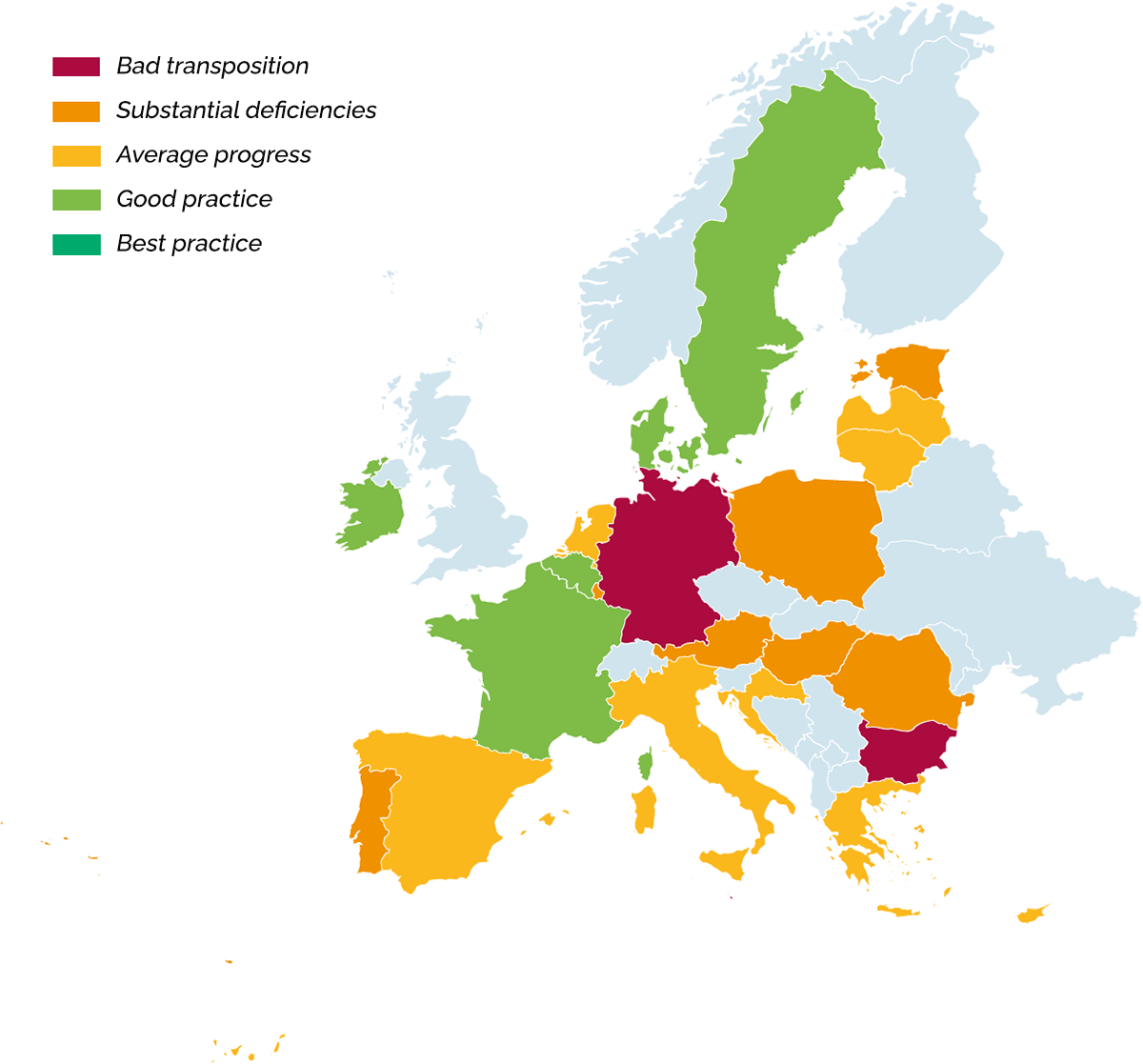
The Community Energy Union of the Czech Republic
On the 31st of March, 16 Czech organisations launched “Unie komunitní energetiky (UKEN)”, a coalition that aims to support and facilitate the creation of hundreds of renewable energy communities by 2030. The ultimate goal of this Community Energy Union is to create a clean and decentralised future for the Czech energy system.
Two of the founders of UKEN are Frank Bold and Hnutí DUHA-Friends of the Earth Czech Republic, two organisations with longstanding involvement. They strongly believe that community energy has many benefits and that energy cooperatives are a great opportunity for citizens to get involved in the energy transition. As there was no single organisation in the country advocating for these ideas, they decided to join forces with other stakeholders to have a stronger impact. “We agreed that UKEN should represent a wide range of partners from different areas, such as municipalities, citizens, businesses or non-profit organisations, to be taken seriously by the Czech government”, explains Anna Michalčáková, public relations coordinator of UKEN.
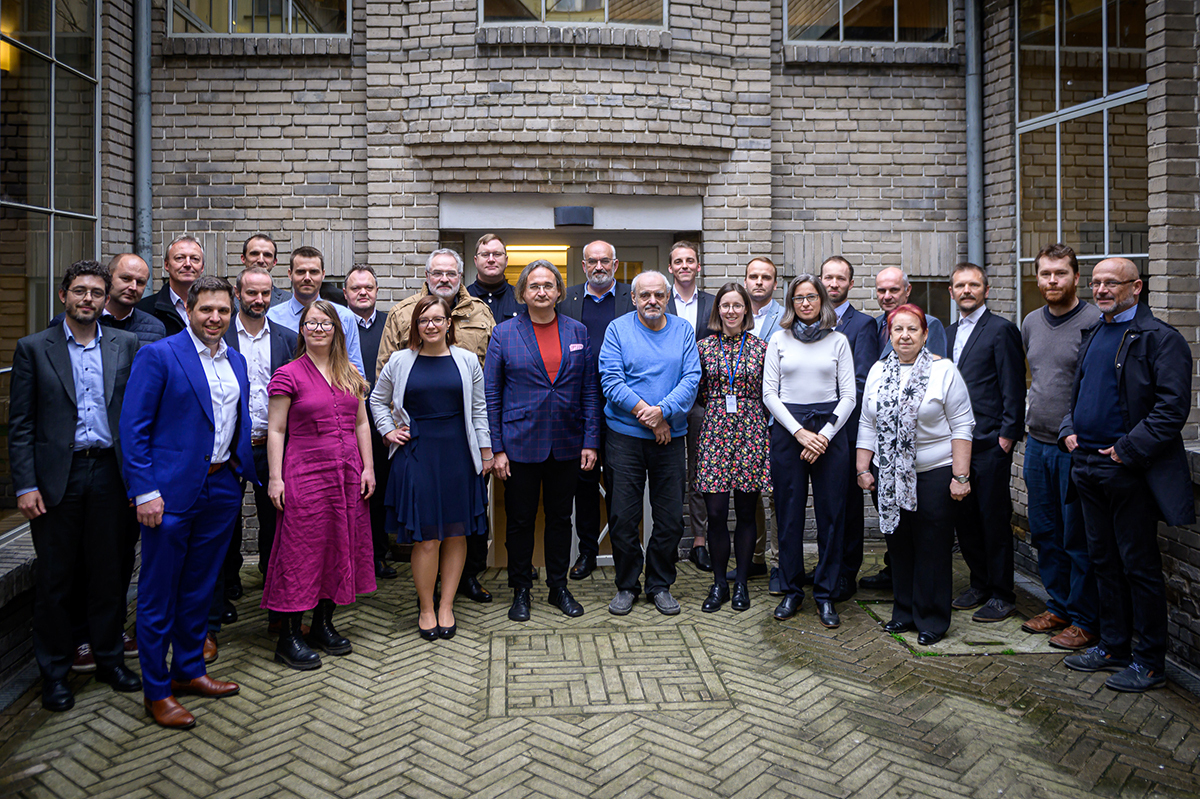
Energy communities are almost non-existent in the Czech Republic, but UKEN members confirm that there is a significant bottom-up demand for this type of projects, especially from municipalities and cities that want to reduce their energy costs. And they expect interest to increase once the concept is better understood.
"I believe that community energy and its benefits will delight not only municipalities and smaller companies, but also a large number of ordinary households", said Anna Kárníková, director of Hnutí DUHA-Friends of the Earth Czech Republic, at the UKEN launch event.
Providing legislative proposals
UKEN’s work is structured around three main pillars: legislation, finance and know-how. The main objective of the first pillar is to provide legislative proposals to the government. The focus right now is on the new energy law, which should finally set the rules for energy communities. Anna Michalčáková describes the current legal landscape in the country.
“The problem is that there is no legislation or subsidies for energy communities in the Czech Republic. We have not yet transposed the European Renewable Energy Directive. Officials in the Czech Republic are waiting for the relevant legislation and are therefore reluctant to set-up subsidy schemes."
Despite the lack of supporting laws, a few initiatives are now popping up. For example, the city councils of the two biggest cities, Prague and Brno, are setting up energy communities. Anna Michalčáková sees some support from politicians.
“We talk to members of the parliament and other politicians, and they mostly see community energy as something positive that should be promoted. However, they have little knowledge in this area. We knew that and it is one of the reasons why UKEN was founded.”
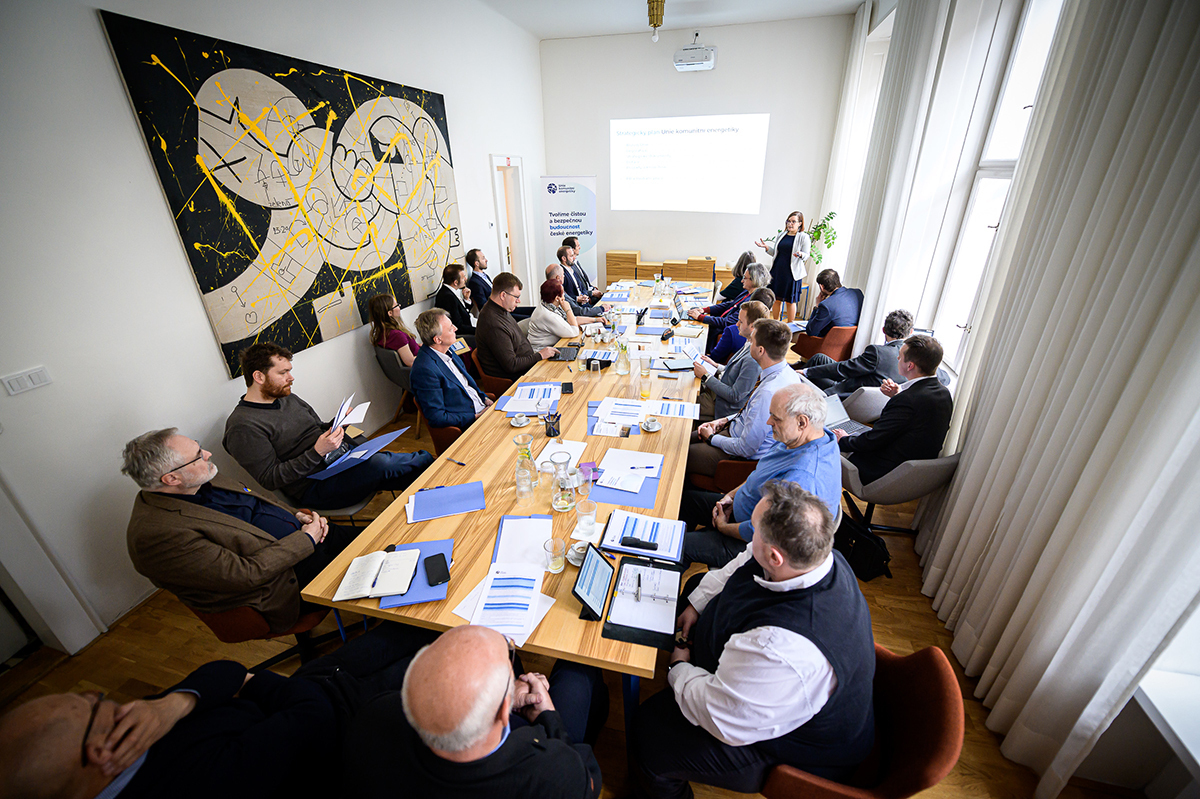
Financial support for energy communities
The second pillar of UKEN focuses on sharing information about project initiatives and available funding schemes for energy communities. Currently, there aren’t such support schemes, but this situation will change soon as more than CZK 60 billion will be available for the support of community energy in the Czech Republic through European funds by 2030. These funds represent a huge opportunity for the community energy movement. Anna Michalčáková hopes that UKEN can play an important role in advising the government on how to develop successful grant programmes to ensure that these funds are used most efficiently.
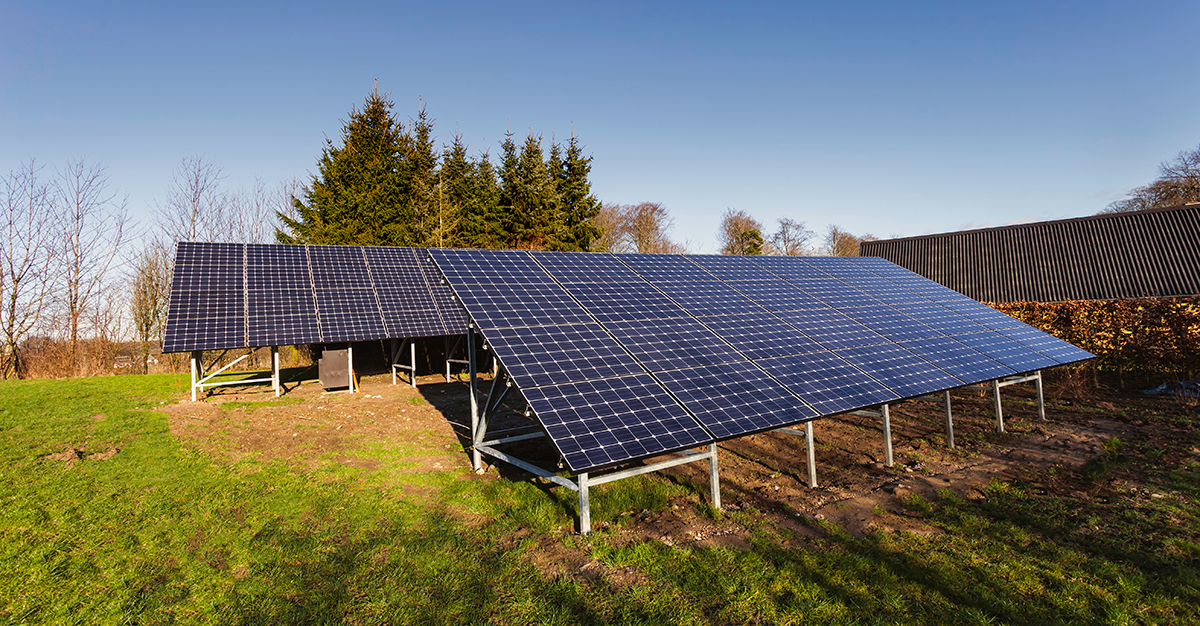
Inspiring future energy communities
In order to provide meaningful advice to the government, UKEN is acquiring know-how on the implementation of community energy projects – the third pillar of the coalition. The aim is to learn what kind of projects work in the country, develop scale and replication models, and share all knowledge with citizens and other organisations.
Given the lack of experience at a national level, Anna Michalčáková explains that they will take inspiration from abroad. In particular, she mentions tools like the LICHT approach, a methodology developed by REScoop.eu for mobilising citizens and helping them to take action at the local level and take up an active role in energy transition projects.
Anna Michalčáková also highlights the importance of creating successful community energy lighthouse examples in the Czech Republic to learn from them, motivate citizens and get them on board.
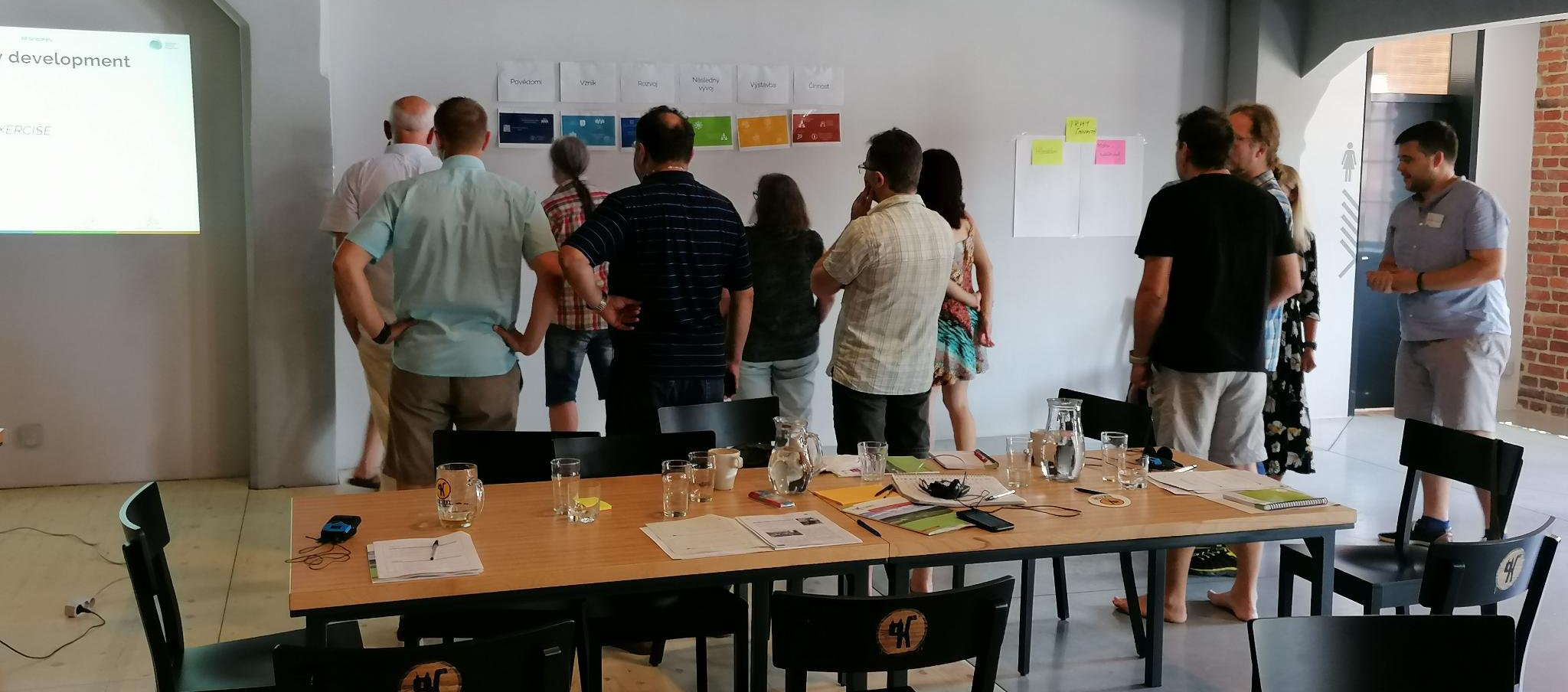
The challenge ahead is big, the potential of community energy even bigger. As Milan Sedláček, the director of Renards, a UKEN member, summarised in the launch of the community energy union: “There are hundreds of reasons to support community energy. There are hundreds of problems on the way to it. Let's solve them."
More information about community energy in Czech: